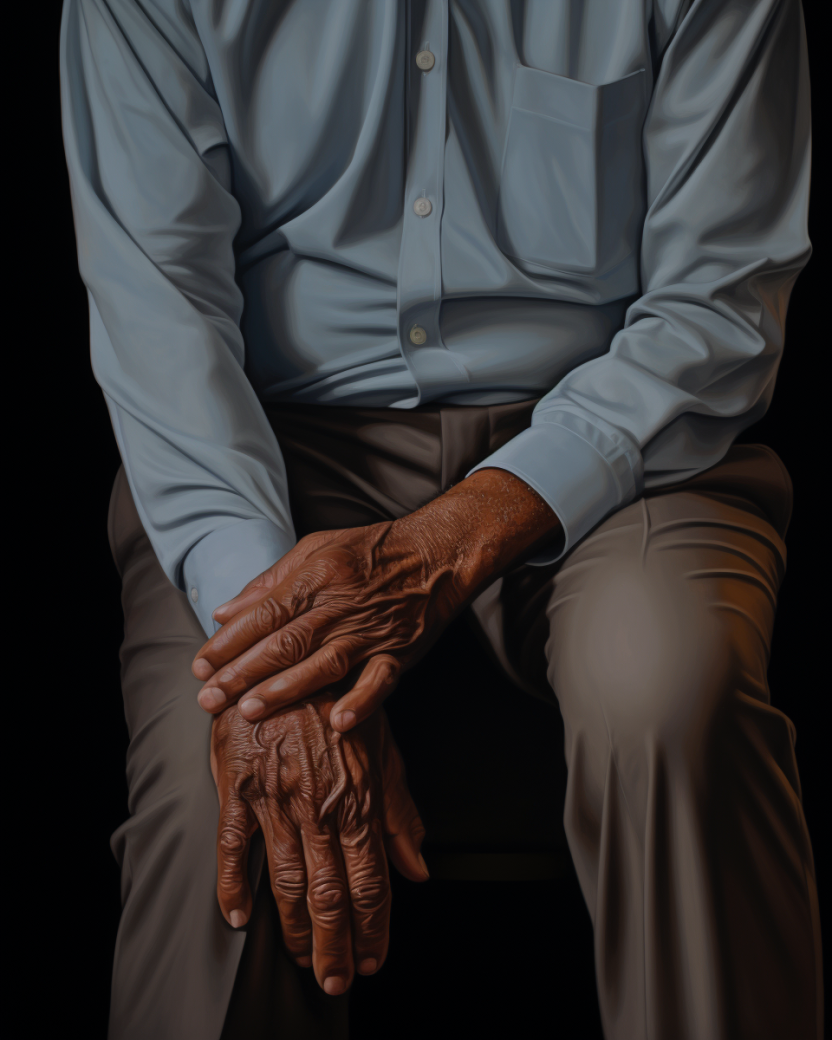ACUPUNCTURE FOR PAIN MANAGEMENT
Harnessing Physiological Responses for Lasting Relief
When it comes to managing pain, acupuncture offers an approach that has stood the test of time. Drawing on the principles of Traditional Chinese Medicine, acupuncture is renowned for its ability to provide effective pain relief. However, modern scientific understanding has shed light on the physiological mechanisms behind acupuncture's effectiveness. By targeting these mechanisms, acupuncture can help manage pain from a biomedical perspective. Let's explore how acupuncture works and its benefits in pain management.
Release of Endogenous Opioids:
Acupuncture triggers the release of endogenous opioids within the body. These natural pain-relieving substances, including endorphins, work to reduce pain sensations and promote a sense of well-being. Through precise needle placement in acupoints, acupuncture stimulates the nervous system, activating the body's own opioid pathways. This mechanism provides pain relief by modulating pain perception and promoting a state of relaxation.
Trigger Point Therapy:
Acupuncture incorporates trigger point therapy, a technique that focuses on the identification and release of trigger points—tight, tender knots within muscles. These trigger points can cause localized or referred pain. By targeting these specific points, acupuncture promotes the relaxation and release of tense muscles, reducing pain and restoring proper muscle function. Trigger point therapy can be particularly effective in managing pain related to musculoskeletal conditions, such as back pain, neck pain, and sports injuries.
Dry Needling: A Rebranded Term for Orthopedic Acupuncture:
Dry needling, a term that has gained popularity in recent years, is essentially a rebranded name for orthopedic acupuncture. Dry needling involves the insertion of thin needles into trigger points or tight bands of muscles to relieve pain and improve musculoskeletal function. This technique, rooted in the principles of acupuncture, targets the underlying causes of pain by releasing tension, promoting blood circulation, and stimulating the body's self-healing mechanisms. By addressing musculoskeletal imbalances, dry needling—orthopedic acupuncture—can effectively manage pain and improve range of motion.
Neuroplasticity and Central Sensitization:
Pain is a complex phenomenon influenced by factors such as neuroplasticity and central sensitization. Acupuncture has been found to modulate these processes, resulting in pain reduction. Neuroplasticity refers to the brain's ability to reorganize and adapt, which can contribute to chronic pain. Acupuncture helps regulate neuroplastic changes by promoting the release of neurotransmitters and activating specific neural pathways. Central sensitization, a condition characterized by an amplified response to pain, can be effectively managed through acupuncture. By interrupting pain signals and reducing the hypersensitivity of the central nervous system, acupuncture helps restore normal pain processing and alleviate chronic pain.
Holistic Approach and Improved Well-being:
Beyond the specific physiological mechanisms, acupuncture takes a holistic approach to pain management. By addressing the root causes of pain and promoting overall balance within the body, acupuncture provides comprehensive relief. This approach acknowledges that pain is not only physical but can also be influenced by emotional and mental factors. By promoting relaxation, reducing stress, and improving energy flow, acupuncture enhances overall well-being and can help manage pain more effectively.
BIG PICTURE:
Acupuncture's effectiveness in pain management extends beyond ancient beliefs and aligns with modern biomedical understanding. Through the release of endogenous opioids, trigger point therapy, addressing neuroplasticity and central sensitization, and its holistic approach, acupuncture provides lasting relief for various types of pain. Whether you seek relief from chronic pain, musculoskeletal injuries, or other painful conditions, acupuncture offers a scientifically grounded approach to pain management. Consult with a qualified acupuncturist to explore how acupuncture can help you regain control over your pain and enhance your overall well-being.

